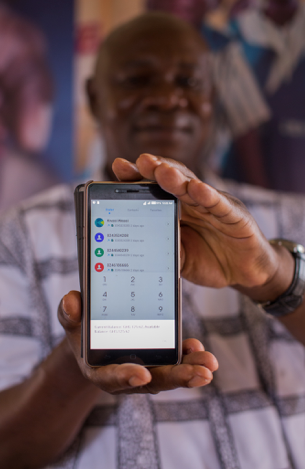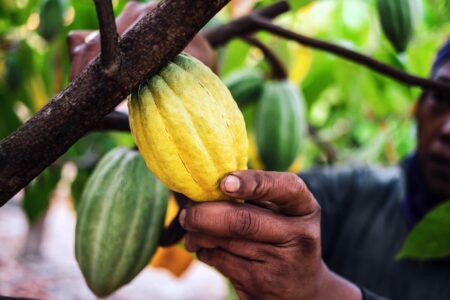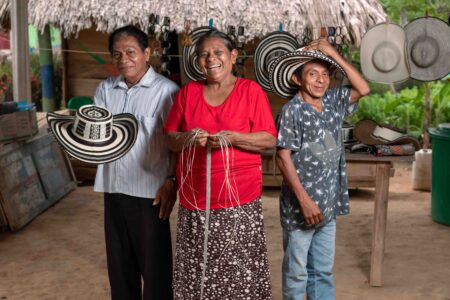Cocoa farmers receive Cargill’s premium payments by mobile phone

Cargill has revealed that it has made its first sustainable premium payment by electronic transfer to cocoa farmers in Ghana.
According to the company, just over 10,000 farmers are now benefiting from the two million Ghana Cedis (GHS) mobile payments made by Cargill in partnership with its customers through the Cargill Cocoa Promise – its commitment to improving the livelihoods of farmers and communities.
Cargill’s Licensed Buying Company (LBC), which began operating in November 2016, allows the company to directly source cocoa from certified farmers in Ghana. The buying process is fully e-money enabled, allowing Cargill to pay farmers directly by electronic transfer.
Cargill already sources directly from farmers and farmer organisations in other origin countries. Moving to this model in Ghana, the company says, means that it is now better positioned to implement sustainability activities under the Cargill Cocoa Promise on a wider scale, while also better serving its customers.
Lionel Soulard, managing director Cargill Cocoa & Chocolate West Africa, says, “Our first electronic premium payment in Ghana since Cargill’s LBC was established is good news for farmers. Our new approach, combining new high-tech purchasing with the LBC model of direct sourcing and collaboration with farmers, is working well and we hope to make many more such payments in the future.”
Through Cargill’s purchasing model, farmers deliver their cocoa to community warehouses where their beans are digitally weighed and assigned a fully traceable bar code. Funds are then transferred straight to the farmer’s phone or e-wallet using e-money through partnerships with E-Zwich, MTM mobile Money and Tigo Mobil Money.
Details of the cocoa beans are recorded in a standardised management system before they are transferred to central warehouses. Through this bar code system Cargill can now trace each individual bag of beans sourced through the Cargill LBC to the individual farmer in Ghana, creating a fully traceable supply chain.
Soulard adds, “Having long standing relations with cocoa farmers and their communities is critical for the full implementation of our sustainability approach and we are now expanding our sustainability activities to enable farming communities to benefit from training, community and farm development support.”



